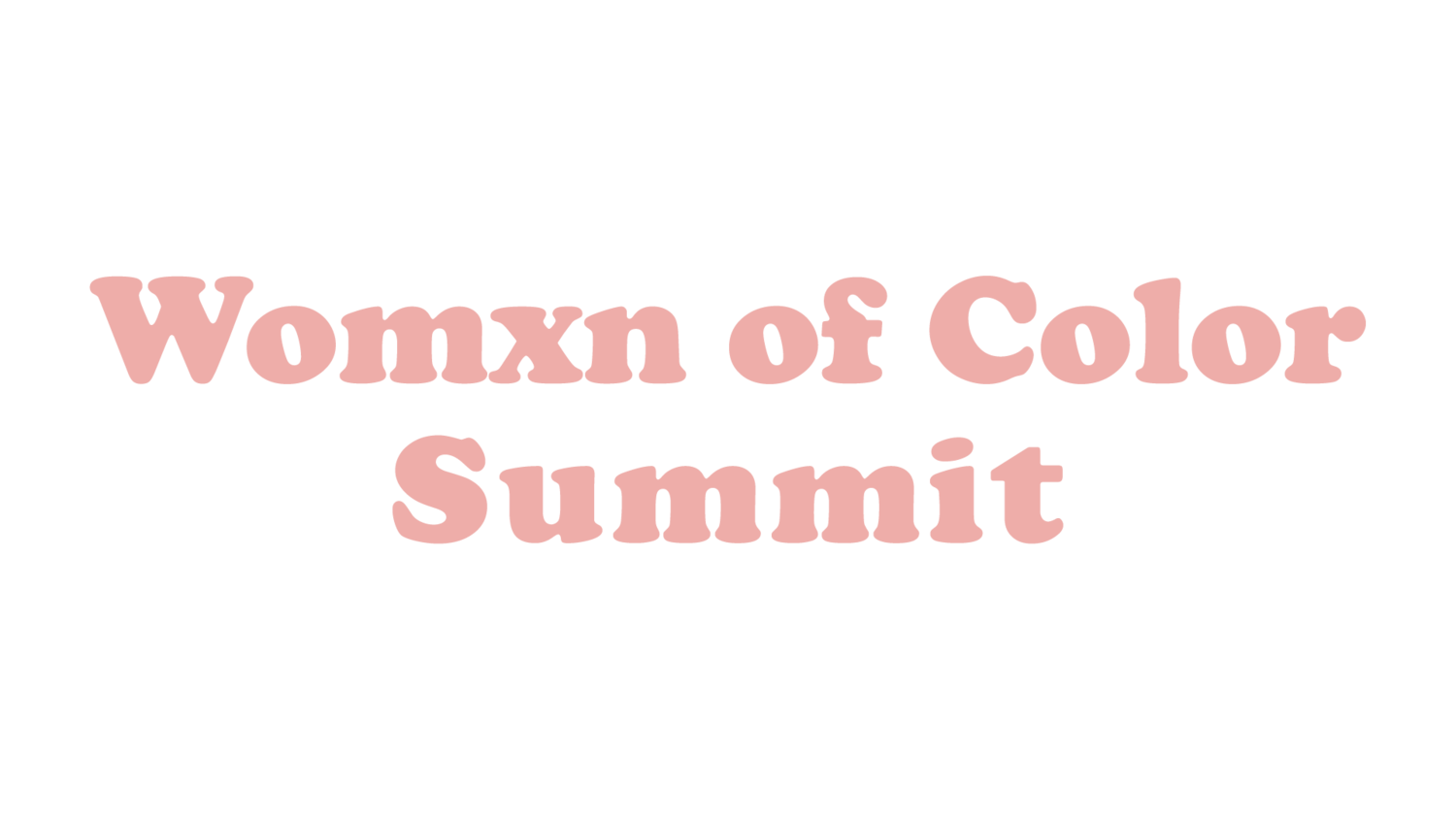Environmental Justice: BI&WoC Climate Activists to Learn From
So, we’ve discussed the history and flaws of green capitalism. Now, if we’re to provoke real climate change, we need to look past the issue of gas emissions and move away from capitalist values. We’re most likely aware of the damage corporations and governments do by taking up space in places they don’t belong without permission, such as in Wet’suwet’en territory in British Columbia: many oil and gas pipelines have been proposed on this land, which violates the rights of the Wet’suwet’en people. In the Congo, corporations heavily extract gold and other minerals that electronic devices rely on to function. This has caused damaged lands, displacement of peoples, human rights violations, forced labor, and sexual assault on women and children. But governments and corporations also do this for green solutions they claim are better alternatives.
In her Instagram essay, Re: Climate Reparations, Kamea Chayne states:
“And even as ‘developed’ nations provide more financial resources to ‘developing’ nations for ‘climate reparations’, what often gets glossed over is that various indigenous and local communities within ‘developing’ nations, as well, have been facing dispossession and displacement, perpetrated by their own nation-state governments.”
Kamea goes on to write about the Kenyan forest police burning down the homes of the indigenous Sengwer people for the sake of carbon sequestration (trapping carbon from the atmosphere so it doesn’t get any warmer), as well as UNESCO’s conservation plan in Tanzania, which is uprooting the Maasai people. What’s more, wind turbines, a form of efficient energy, is displacing the Sámi people. Several wind farms are being built on their land, which encompasses Norway, Finland, Russia, and Sweden. They’re losing their rights, culture, and homes for the sake of green energy. So, we must ask ourselves: how much better are these green solutions if they’re still exploitative and stripping people of their indigenous homes?
These issues can seem daunting to tackle. We may feel like there isn’t much we can do, but here are some ideas to get started:
Move away from an extractive lifestyle
A capitalist economy is an extractive one. This means that resources are taken without restoring or reusing them. Naturally, this is how we live in a capitalist society, but we don’t have to. We can make a daily choice to move away from such tendencies both in day-to-day life and in business (if we have one). It starts by acknowledging that humans are not the dominant species. As opposed to seeing nature as a separate entity from which you can deliberately take, begin cultivating a personal symbiotic relationship with Mother Earth. Look at yourself as part of a whole (an interdependent community), and as part of the biodiversity of your environment, whether you live in a city or not.
Apply permaculture and regenerative values
If you garden, have plants, or own/plan to own land, consider permaculture and regenerative agriculture practices. The goal of permaculture is to create synergistically interdependent, zero waste ecosystems of people, plants, other animals, and resources. In other words, everyone in a given environment works together and lives their purpose so that it thrives. In regenerative agriculture, the goal is to return the soil from a depleted state to a rich one, suitable for growing food, better water quality, and restoring biodiversity. Regenerative agriculture is rooted in Indigenous agricultural practices that emphasize protection of land and animals.
Keep learning
There are several BI&PoC climate activists who are active in the green space, enlightening others through social media and actionable projects.
Here are a couple of BI&PoC climate activists to continue to learn from:
Kamea Chayne: Creator of the Green Dreamer podcast, which explores paths to collective healing, eco-regeneration, and true abundance.
Seeding Sovereignty: an indigenous-led collective aiming to disrupt colonized spaces through land, body, and food.
Vanessa Nakate: a young climate activist and author in Uganda fighting for real climate change solutions.
Dr. Mildred McClain: an elder in the environmental justice movement whose work urges African Americans to take up space in environmental industries and to participate in decision-making processes that impact their community.
Written By: Joséphine Mwanvua
